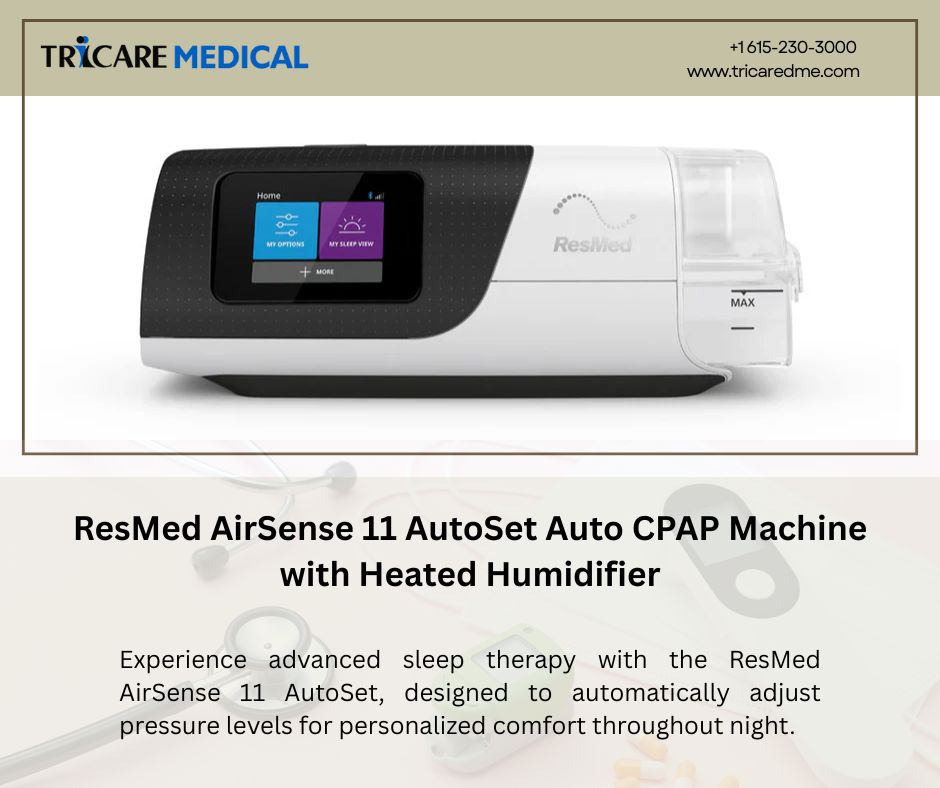Breathing Easier: How Humidifiers Can Improve Indoor Air Quality and Health?
- 2 min reading time
Indoor air quality is an important consideration for maintaining a healthy living and working environment. Dry air can cause a variety of health problems, including respiratory issues, dry skin, and allergies. One solution to combat these issues is the use of a humidifier.
In this blog post, we will take a detailed look at the benefits of humidifiers, how they work, and the different types available on the market.
Benefits of Humidifiers
-
Alleviate Respiratory Problems
Dry air can irritate nasal passages and throat, leading to respiratory problems like asthma, bronchitis, and sinusitis. Humidifiers add moisture to the air, making it easier to breathe and reducing the risk of respiratory infections.
-
Relieve Dry Skin
Dry air can cause skin to become dry, flaky, and itchy. Using a humidifier can alleviate these symptoms by adding moisture to the air, keeping skin hydrated and healthy.
-
Improve Sleep
Dry air can cause snoring, coughing, and other sleep disturbances. A humidifier can help alleviate these symptoms by adding moisture to the air, keeping airways open and reducing irritation.
-
Reduce Static Electricity
Low humidity can cause static electricity buildup, leading to unpleasant shocks when touching metal objects or fabrics. A humidifier can reduce static electricity by adding moisture to the air.
How Do Humidifiers Work?
Humidifiers work by adding moisture to the air, increasing the humidity level in a room. The most common types of humidifiers include:
-
Evaporative Humidifiers
Evaporative humidifiers use a wick or filter to absorb water, which is then evaporated into the air. These humidifiers are relatively inexpensive and require minimal maintenance, but they need to be cleaned frequently to prevent mold and bacteria growth.
-
Ultrasonic Humidifiers
Ultrasonic humidifiers use high-frequency vibrations to break down water into a fine mist, which is then released into the air. These humidifiers are energy-efficient and quiet, but they require regular cleaning to prevent the buildup of mineral deposits.
-
Steam Humidifiers
Steam humidifiers boil water and release the resulting steam into the air. These humidifiers are highly effective, but they are also the most expensive and require professional installation.
-
Whole-House Humidifiers
Whole-house humidifiers are installed in the HVAC system and humidify the entire house. These humidifiers require professional installation but are the most convenient and effective type of humidifier.
Market of Humidifiers
The market for humidifiers in the US has been growing steadily over the past few years. According to a report by Market Research Future, the US humidifier market size is projected to reach $819.7 million by 2025, growing at a CAGR of 5.5% during the forecast period.
The increase in respiratory problems, the growing awareness of the benefits of humidifiers, and the development of smart home technology are some of the factors driving the growth of the market. The market is segmented by type, technology, and application, with portable humidifiers being the most popular type.
Conclusion
Humidifiers are an effective way to improve indoor air quality, alleviate respiratory problems, and provide relief from dry skin and allergies. The different types of humidifiers offer various features and benefits, so it's essential to choose one that suits your needs and budget. The market for humidifiers is expected to continue to grow as more people recognize the benefits of maintaining proper indoor air quality.



